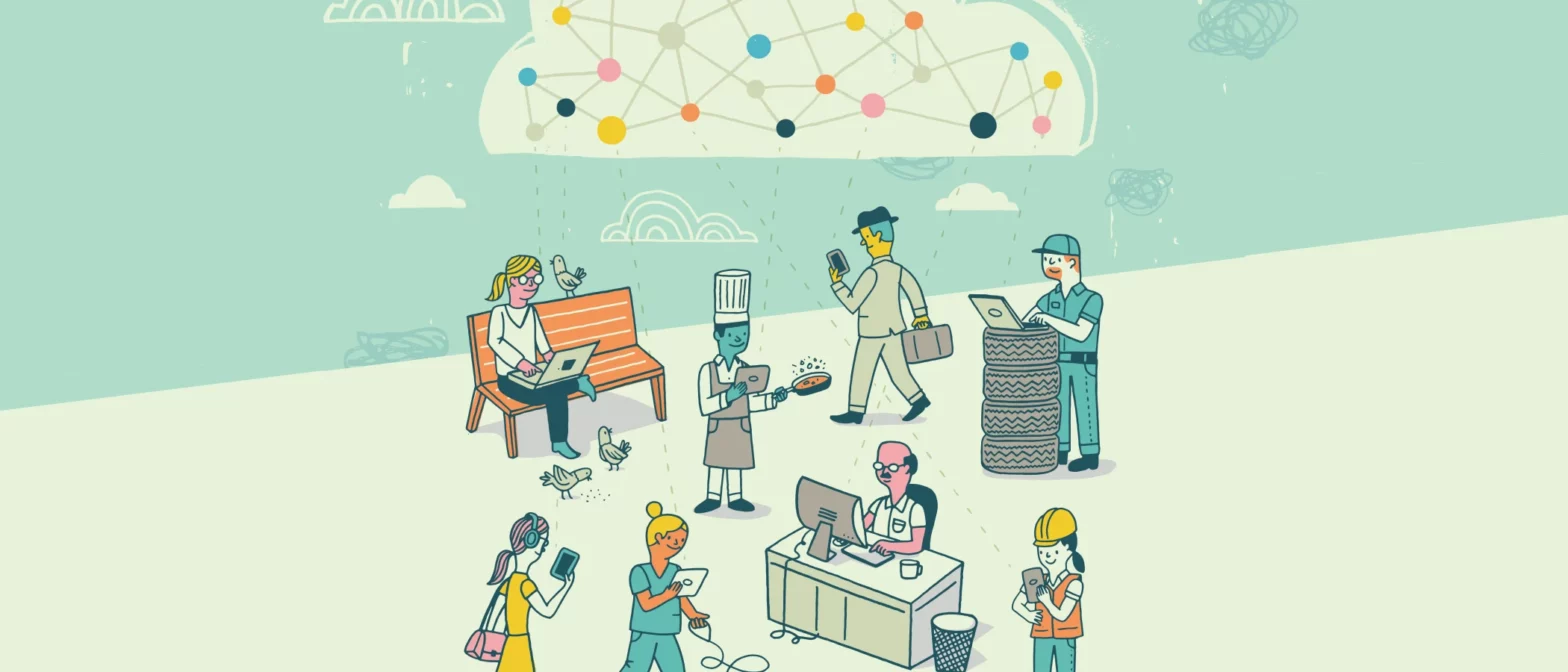In today’s fast-paced world, employees’ learning, training, and development have become a crucial aspect for any company’s growth and success. However, the traditional one-size-fits-all approach to learning and development is no longer practical. Instead, personalized learning has become the new norm. Personalized learning refers to each employee receiving a learning plan based on their existing knowledge and learning style. The goal is to upskill or reskill employees effectively and efficiently.
The corporate sector needs to acknowledge the rapid changes in the world and assist and train their employees accordingly. Due to COVID-19, almost all corporate employees have undergone additional changes, both personally and professionally. For example, some are working 24/7 from home, whereas some have resumed going to the office.
Personalized learning is the solution to keep pace with the fast-growing world when it comes to employee training and development in the corporate sector. This article discusses the benefits of personalized curriculum development for companies and employees.
Firstly, personalized learning allows companies to focus on the needs and requirements of their employees more competently and realistically. It makes the employee feel heard and respected. Each employee wants the company to respect their agency and voice. By providing relevant, personalized learning, the employees will get the message that their opinions and needs are rightfully acknowledged and respected.
Secondly, personalized learning allows employees to move at their own pace. Each employee is different from others, with their own weaknesses and strengths. Therefore, using the same training method for each employee is unfair to the employees and more time-consuming and meaningless for the company. Personalized learning modules acknowledge that each employee has a different learning pace and caters to the employee accordingly. It also allows each employee to fill their knowledge gaps effectively. During future training sessions, the employees won’t be required to be reskilled but rather upskilled.
Thirdly, personalized learning saves time and energy. As part of the learning and development department, you must have witnessed employees getting bored or yawning excessively during training conferences, workshops, and seminars. Sometimes these training sessions are needed, but they add no real value to employees’ knowledge, proving to be a waste for the company.
Personalized learning promises effective and desired outcomes and allows the company to save a lot of time and energy. Initially, setting up the personalized learning system takes a lot of work and effort, but once the system is in place and employees start enjoying it, it will be very efficient and time-saving.
Lastly, personalized learning provides high retention and engagement. Employees prefer personalized learning over general training modules, and rightly so. It gives them a voice, fills all their knowledge gaps, and leaves them feeling fulfilled and respected. When they learn with a happy mind and soul, they can retain information much longer. As a result, their engagement with the information will automatically deepen, fostering creativity and productivity in all their future personal and company-related endeavors.
Takeaway
As we draw to a close, it is clear that personalized learning is no longer just an option, but a necessity for companies seeking to thrive in the modern business world. With the rapid pace of change in technology and industry, it is essential for organizations to ensure that their employees have the necessary skills and knowledge to adapt and grow alongside these developments.
Personalized curriculum development is a key component of this process, providing employees with a tailored learning experience that allows them to learn at their own pace and in a way that suits their individual learning style. By embracing personalized learning, companies can empower their employees to take ownership of their own development, leading to increased motivation, engagement, and ultimately, better performance.
Moreover, personalized learning can help organizations to maximize their resources, saving time and energy while providing higher retention rates and engagement levels. This not only benefits employees, but also the company’s bottom line, by reducing costs associated with turnover and retraining.
In summary, by embracing personalized curriculum development, companies can upskill and reskill their employees effectively and efficiently, keeping them ahead of the curve in an ever-evolving business landscape. So, let us take a step forward and create a culture of continuous learning, where personalized development is not just a buzzword, but a foundational pillar of our organizations.

